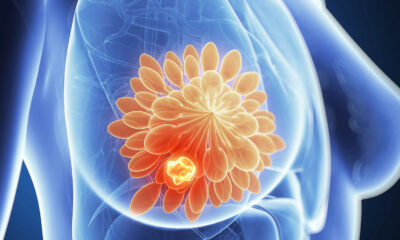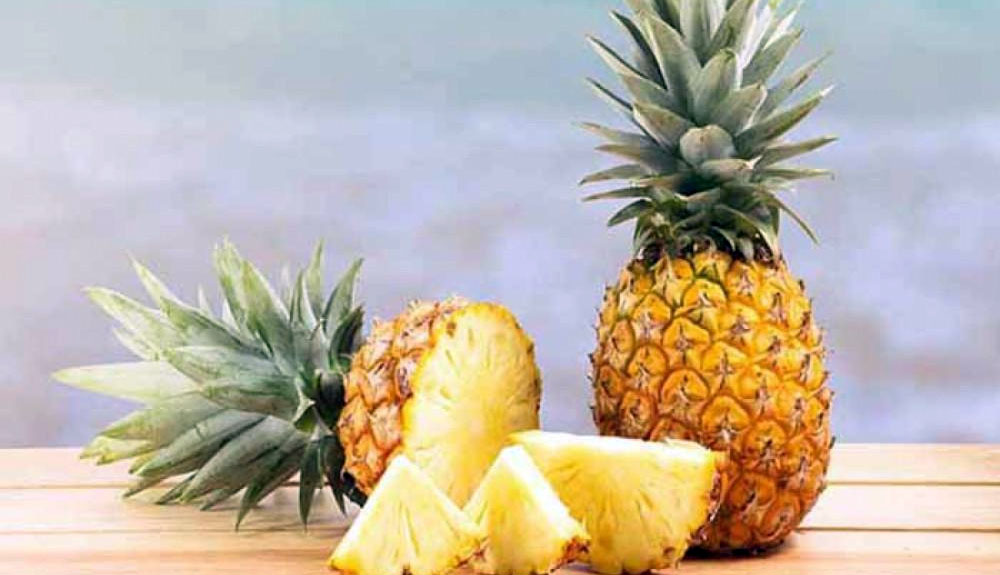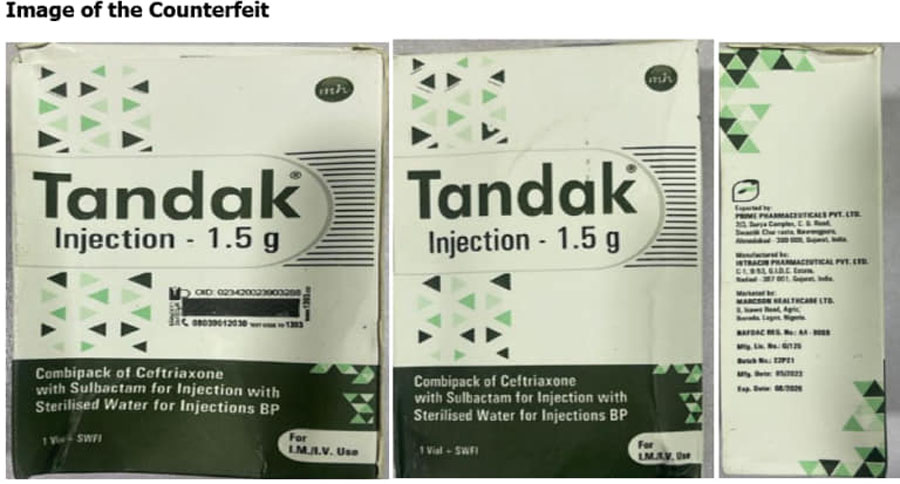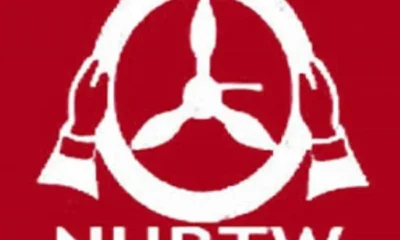Nigeria misses out as 18m doses of first-ever malaria vaccine arrive in Africa
18 million doses of the first-ever malaria vaccine (RTS,S/AS01) will be given to 12 nations in various parts of Africa between 2023 and 2025.
This was revealed on Wednesday in a joint press statement by GAVI, the Vaccine Alliance, World Health Organization and United Nation Children’s Fund.
The RTS,S/AS01 vaccine is the first vaccine recommended for use by the World Health Organisation to prevent malaria in children in areas of moderate to high malaria transmission.
“Since 2019, Ghana, Kenya, and Malawi have been delivering the malaria vaccine through the Malaria Vaccine Implementation Programme, coordinated by WHO and funded by Gavi, the Global Fund to Fight AIDS, Tuberculosis and Malaria, and Unitaid.
“The RTS,S/AS01 vaccine has been administered to more than 1.7 million children in Ghana, Kenya, and Malawi since 2019 and has been shown to be safe and effective, resulting in a substantial reduction in severe malaria and a fall in child deaths. At least 28 African countries have expressed interest in receiving the malaria vaccine.
READ ALSO:
“In addition to Ghana, Kenya, and Malawi, the initial 18 million dose allocation will enable nine more countries, including Benin, Burkina Faso, Burundi, Cameroon, the Democratic Republic of the Congo, Liberia, Niger, Sierra Leone, and Uganda, to introduce the vaccine into their routine immunization programmes for the first time, ” the statement read in part.
The statement noted that this allocation round makes use of the supply of vaccine doses available to Gavi via UNICEF, stating that the first doses of the malaria vaccine are expected to arrive in the selected countries during the last quarter of 2023 while the countries will start to roll them out by early 2024.
The allocations, according to the report, were made using the framework for allocating the limited supply of malaria vaccine, which prioritizes those doses to areas with the greatest need and the greatest risk of malaria disease and child mortality.
The Managing Director of Country Programmes Delivery at Gavi, Thabani Maphosa, said the vaccine has the potential to be very impactful in the fight against malaria, and when broadly deployed alongside other interventions, “it can prevent tens of thousands of future deaths every year.”
READ ALSO:
Maphosa added, “While we work with manufacturers to help ramp up supply, we need to make sure the doses that we do have are used as effectively as possible, which means applying all the learnings from our pilot programmes as we broaden out to a new total of 12 countries.”
Malaria remains one of Africa’s deadliest diseases, killing nearly half a million children each year under the age of five, and accounting for approximately 95 percent of global malaria cases and 96 per cent of deaths in 2021.
According to the UNICEF Associate Director of Immunisation, Ephrem Lemango, “Nearly every minute, a child under five years old dies of malaria.”
Lemango revealed that “For a long time, these deaths have been preventable and treatable; but the roll-out of this vaccine will give children, especially in Africa, an even better chance at surviving. As supply increases, we hope even more children can benefit from this life-saving advancement.”
The WHO Director of Immunisation, Vaccines and Biologicals, Dr Kate O’Brien, said the malaria vaccine was a breakthrough to improve child health and child survival; and families and communities.
“This first allocation of malaria vaccine doses are prioritised for children at the highest risk of dying of malaria. The high demand for the vaccine and the strong reach of childhood immunisation will increase equity in access to malaria prevention and save many young lives. We will work tirelessly to increase supply until all children at risk have access,” O’Brien said.
Nigeria misses out as 18m doses of first-ever malaria vaccine arrive in Africa











































